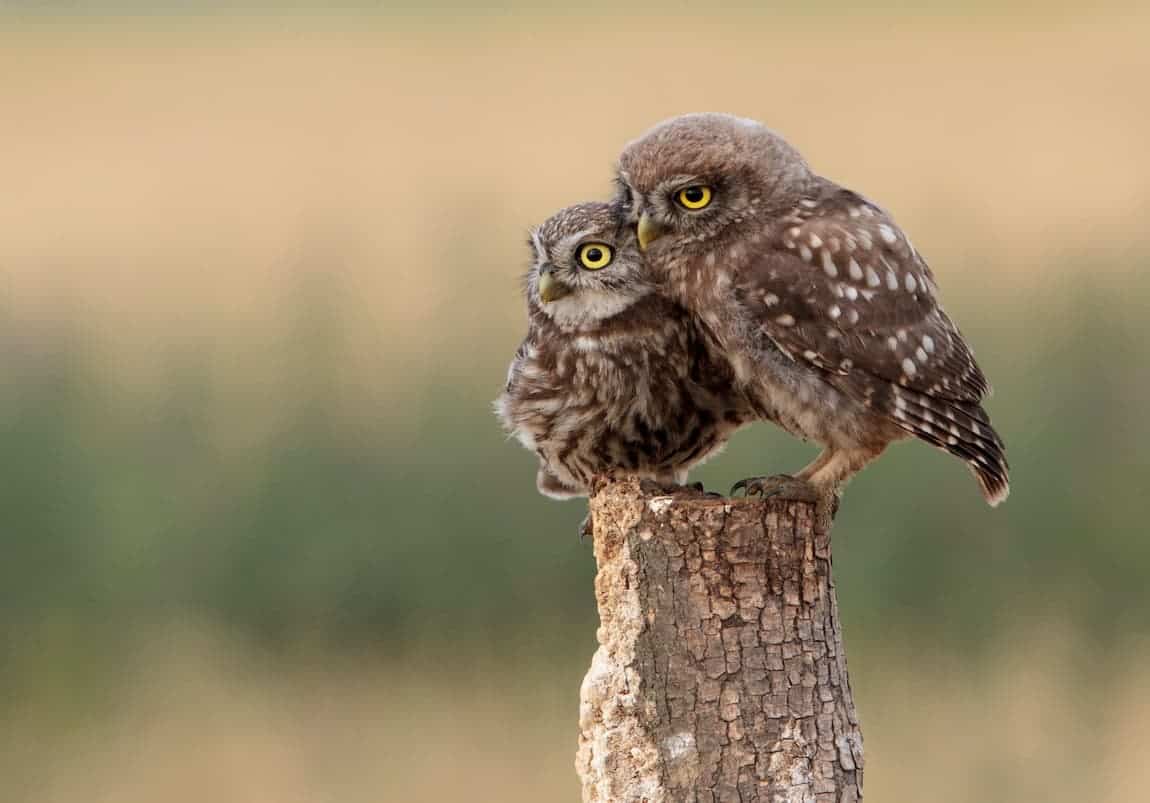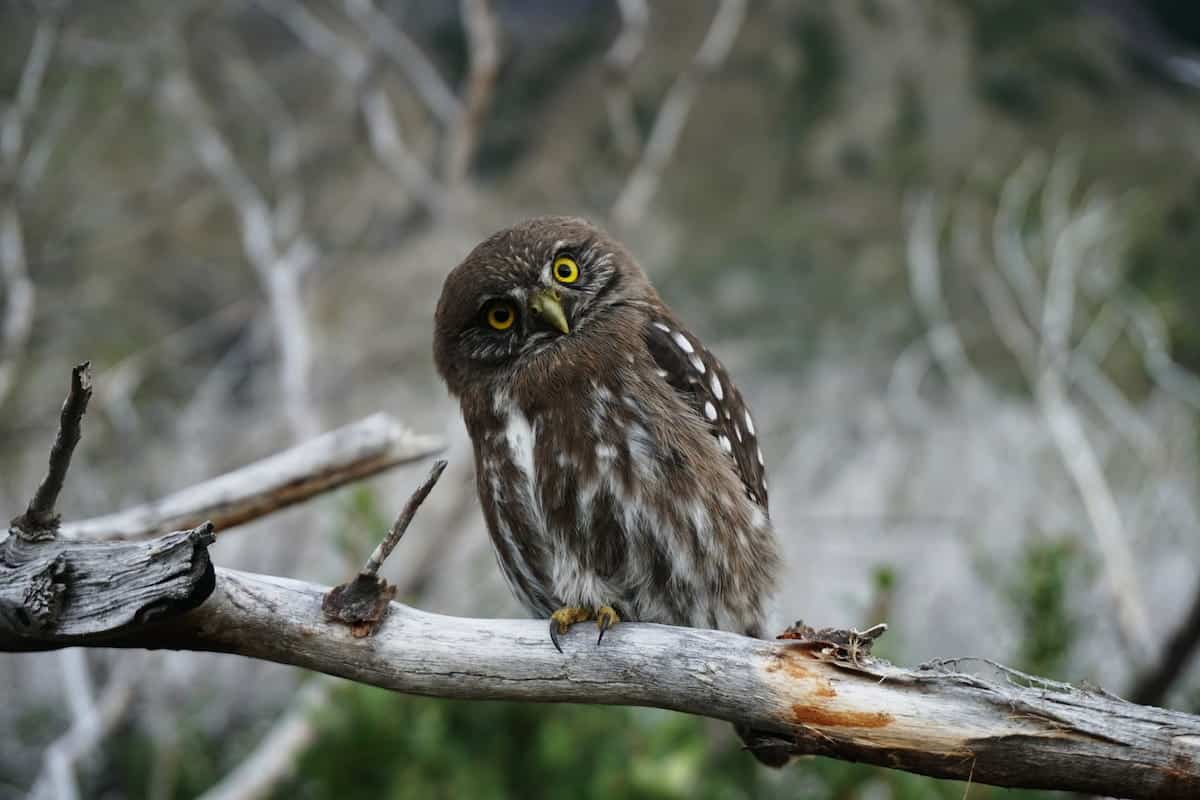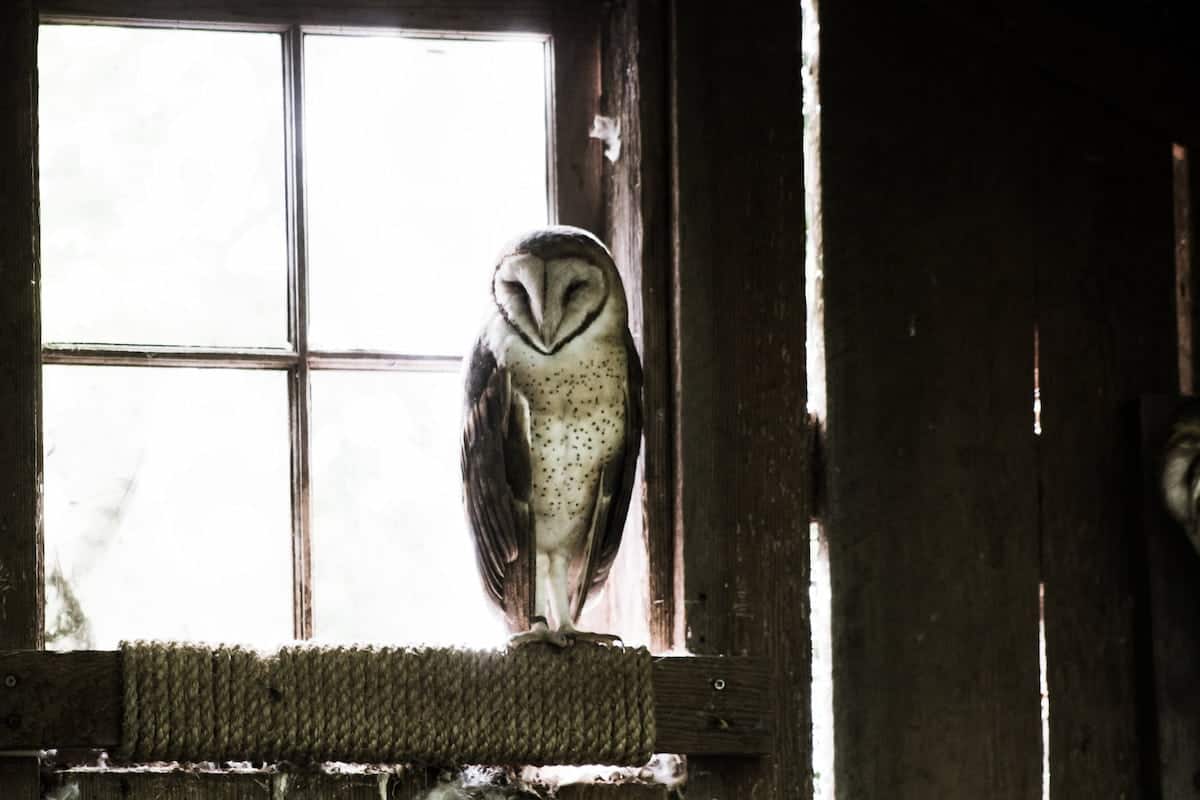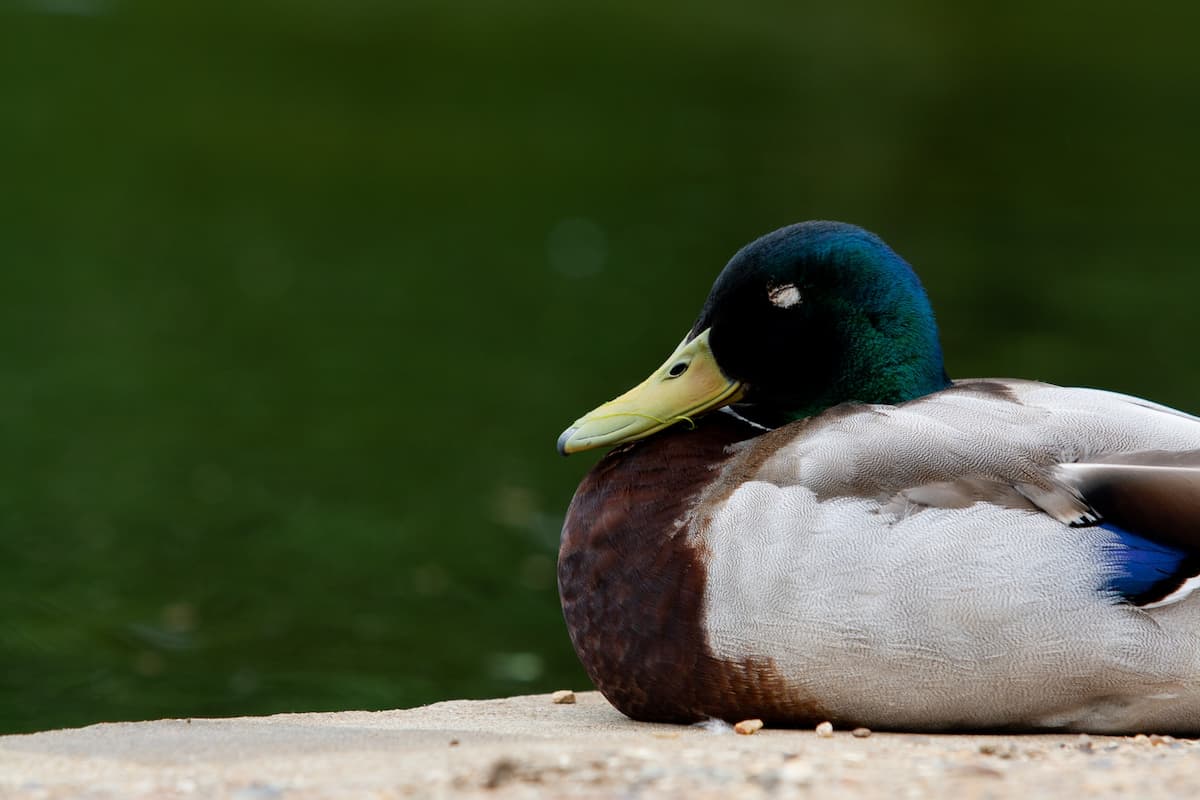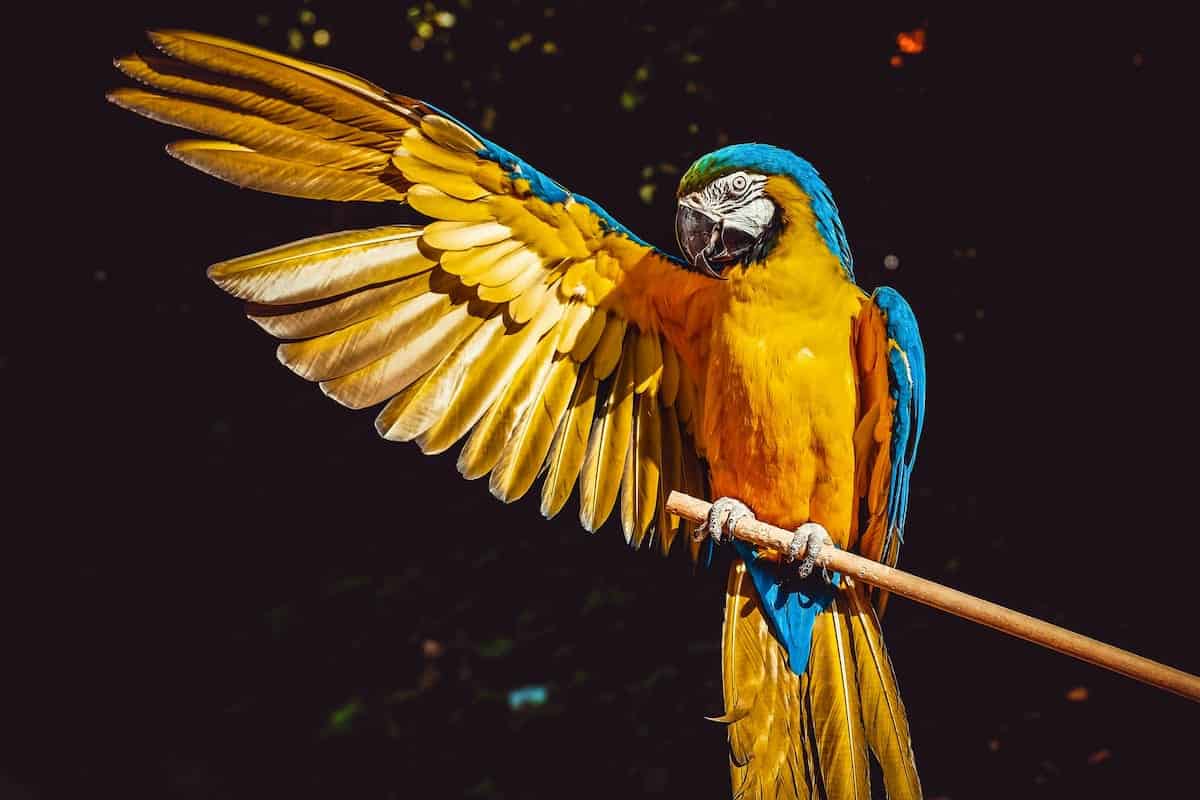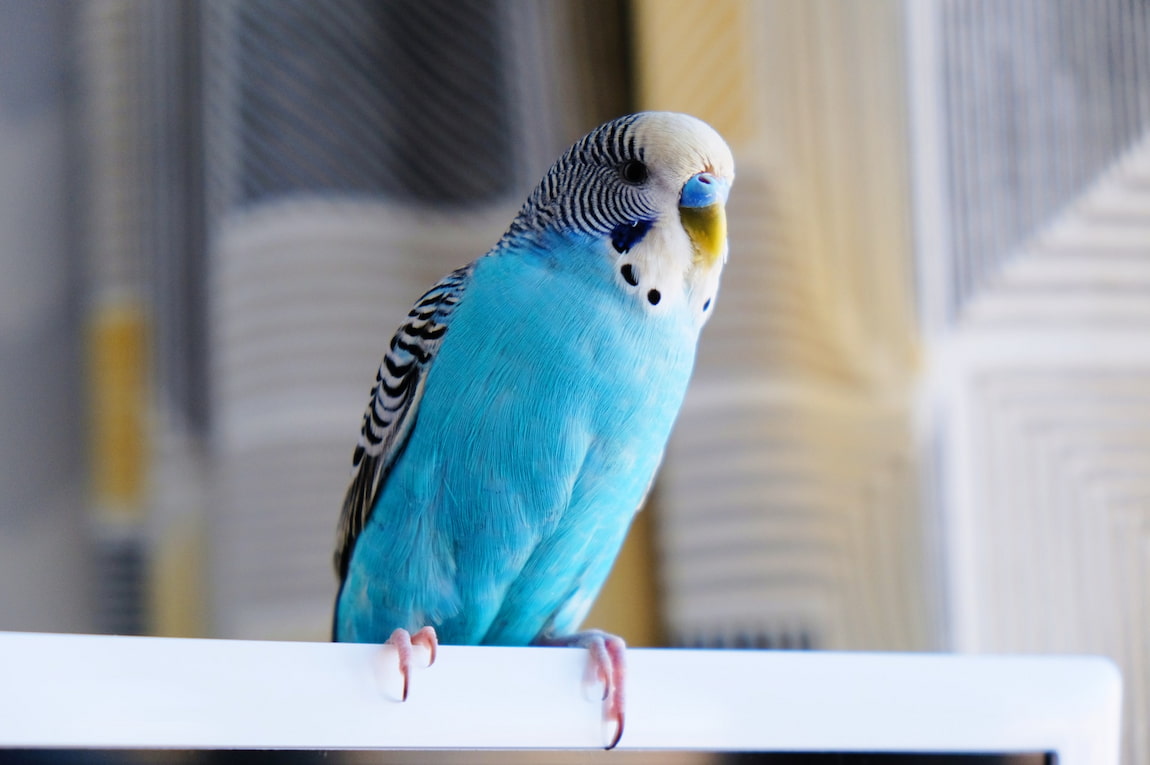If you’ve ever felt chills run down the back of your neck and looked up to find an owl glaring down at you, this question might have crossed your mind—do owls sleep, and for how long?
As you probably know, owls are large (and sometimes creepy) predatory birds, but that doesn’t mean their sleep patterns differ from other birds of the same size and category.
For the sake of exploration, we’ve put together a quick guide on all things relating to owls and their sleeping patterns. So, whether you have a pet owl or an unsettling outdoor neighbor, you’ll know exactly when to leave them be.
Do Owls Sleep?
Owls might be Athena’s favored creature of the night, but that doesn’t mean they don’t need sleep like everything else in the animal kingdom. Their large beaming eyes show alertness and attention to detail, but they need rest like everyone else.
If you’ve never seen an owl sleep, it’s easy to think that they simply don’t need it. After all, they are nocturnal animals, and it’s a rare occasion to see one during the daytime.
They appear to sleep in secret, if at all, but as you’ll soon find out, they actually take their precious shuteye very seriously.
How Long Do Owls Sleep?
How can you know how long an owl sleeps if you’ve never seen one sleeping? Luckily, there are people who spend their professional lives studying birds and all of their behavioral patterns. These people are called ornithologists.
According to them, an owl’s sleep patterns are similar to those of other bird species—meaning that they need somewhere around 12 hours of sleep per day. Can you imagine not being able to function without getting 12 hours of sleep?
Owls have an extremely high rate of metabolism, so they need to sleep as much as they can to conserve their energy for the next night of stalking and hunting.
When Do Owls Sleep?
It’s illegal to own an owl as a pet in the United States, but there are ways in which you can—such as acquiring a state-issued permit. In which case, you might be wondering when your favorite bird might need to get some rest.
Although most birds get their shuteye when the sun is down, owls are predators of darkness, so they need to sleep during the day. This ensures that they have enough energy to successfully hunt at night.
If you’re considering acquiring a permit to own an owl, this would be an important point to consider. Do you really want a loud and potentially dangerous predator living in your home and active while you’re asleep? Consider the dangers of having other pets in your home along with it.
Do Owls Ever Sleep at Night?
While it’s most common for owls to sleep during the day and hunt at night, this particular trait isn’t necessarily ingrained into an owl’s DNA. The short answer is, yes, owls do sleep at night—sometimes.
Owls don’t base their sleep schedules on the sun like most other animal species. Instead, they base their shuteye on the availability of food. This is affected by the time of year as well as the geographical location.
For example, the Northern Hawk Owl sleeps at night and hunts during the daytime. This is due to its limited hearing capabilities compared to other night-time predators such as the Boreal and Great Gray Owls.
Northern hawk owls have symmetrical ear openings, which limits the amount of ground movement they’re able to detect while hunting. This suggests that the northern hawk owl uses its eyesight as a primary means of detecting prey—so they’re better off hunting while they have the sunlight to help them see and spot prey.
Conclusion
To summarize, owls have slightly varying sleep patterns, depending on the subspecies and location. Most owls are nocturnal, while a few subspecies are diurnal.
Regardless of this, owls typically sleep for periods of up to 12 hours, so that they can preserve energy for hunting despite their high rate of metabolism.
Owls sleep on their bellies when they’re young and too weak to support the weight of their heads, while most mature owls sleep upright.
Despite the rarity, it’s a chilling yet stunning sight when seeing an owl in the wild.
